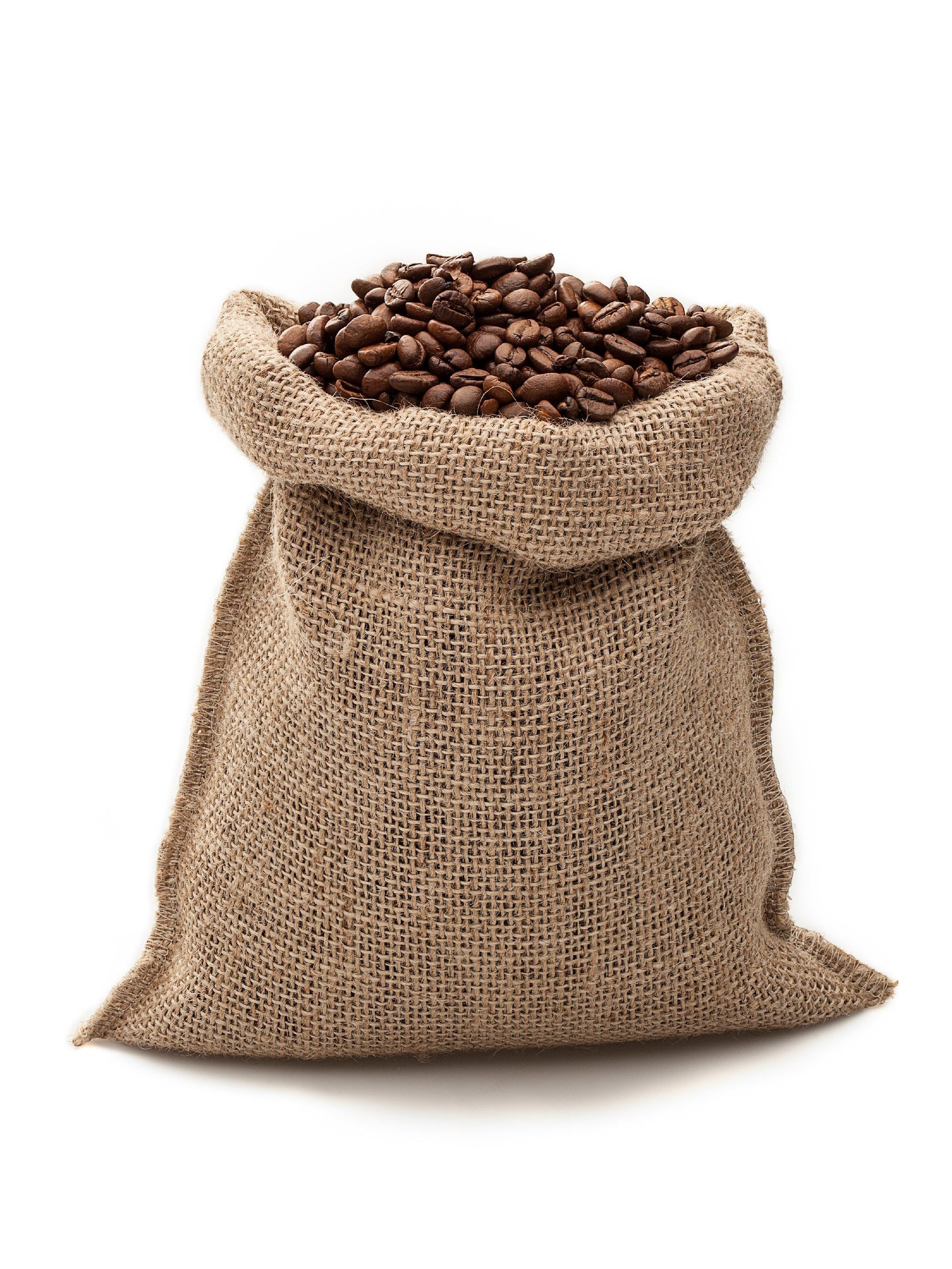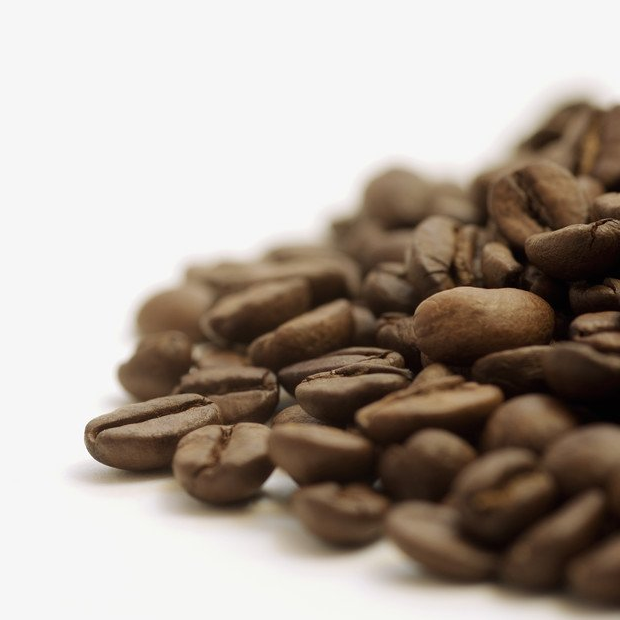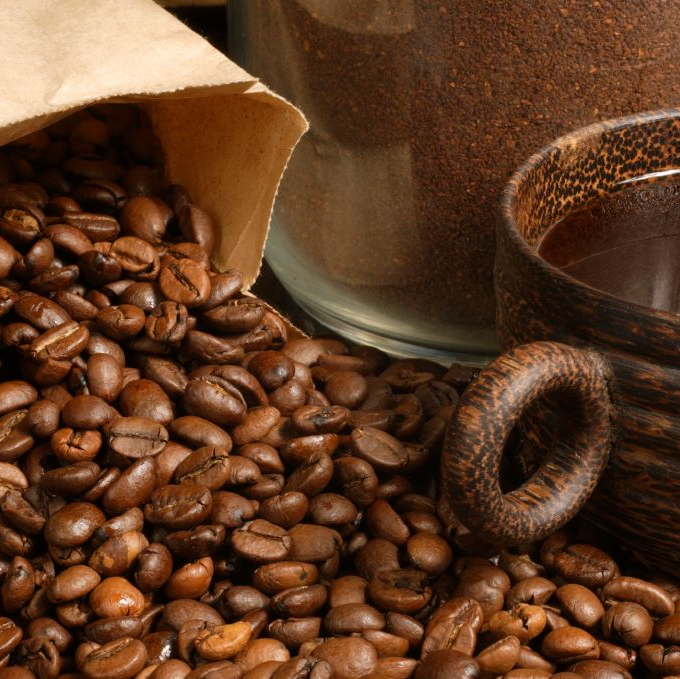An Introduction to Speciality Coffee
What is Speciality Coffee?
If you like fresh coffee and wish to discover the range of flavours that can be found by exploring the coffee beans supplied from small producers in distinct geographical locations then speciality coffee could be for you.
Speciality coffee beans are generally only available in small batches as they are a single harvest of a particular varietal of coffee beans from a distinct geographical location. So quite literally with regards to speciality coffee when its gone its gone (unless the next coffee harvest is as good).
Specialty coffee is the US English version and Speciality coffee is the UK English usage. You will see either used interchangeably by coffee, food and beverage writers and bloggers.
The term Speciality coffee refers to the whole process of coffee bean production from farmer and the farm through the handling of the coffee cherries and their preparation prior to shipping through to final roasting and how the coffee is extracted from the final roasted coffee beans.
The term Specialty coffee was apparently first used by "Erna Knutsen in a 1974 issue of Tea & Coffee Trade Journal" . Having judged the beans that provided the best flavour, she used the term for the coffees which were produced in distinct geographical locations.
According to the Specialty Coffee Association of America (SCAA), coffee beans that achieve a quality or "Q" score of 80 or above on a 100-point scale are graded "specialty".
Speciality coffee is then further categorised as one of three grades. A coffee bean scoring between 80 and 84.99 is deemed Very Good. Then a coffee bean scoring 85 to 89.99 is deemed Excellent and finally a coffee bean scoring over 95 to 100 is deemed Outstanding.
Using the Coffee Quality Institute's tasting or "cupping" form the fresh coffee is brewed, tasted and then assessed on ten quality scores before some of the scores are combined into the final seven. The final seven scores are then transferred onto a matrix or web plan to give an overall picture of the qualities of the speciality coffee.
What Makes Speciality Coffee Special?
The qualities of the freshly prepared speciality coffees are assessed on Fragrance (of the dry coffee just after the coffee beans have been freshly ground), Aroma (of the brewed freshly coffee beans after hot water has been added), Flavour (flavor), Acidity, Body, Uniformity, Aftertaste, Clean cup, Overall, Balance and Sweetness. The coffee taster takes notes of the underlying flavours that are present during the assessment. These underlying flavours are later referred to as "tasting notes" and give an indication of the delicate flavours that underpin the particular speciality coffee beans. The taster also records the level of coffee roast and recommended brewing methods.
Whilst we as the finished coffee consumer and dare I say coffee connoisseur are able to experience the range of coffees available from speciality coffee producers. The coffee producers themselves have strong socio-economic and environmental reasons to submit their coffee harvests to the rigour of speciality coffee assessment.
Although the process to speciality coffee certification is more arduous it is worth it for the smaller scale coffee producer because if their coffee beans make the speciality grade they can command a premium price for their coffee bean harvest.
Speciality Coffee Around the World
Recognising the financial benefits of supporting coffee bean growers who operate in some of the worlds poorest economies has attracted the attention of global philanthropists including the Bill and Melinda Gates Foundation. As the coffee experience expands worldwide more speciality coffees will come through and enhance our experience of drinking coffee and I for one look forward to the next batch.










